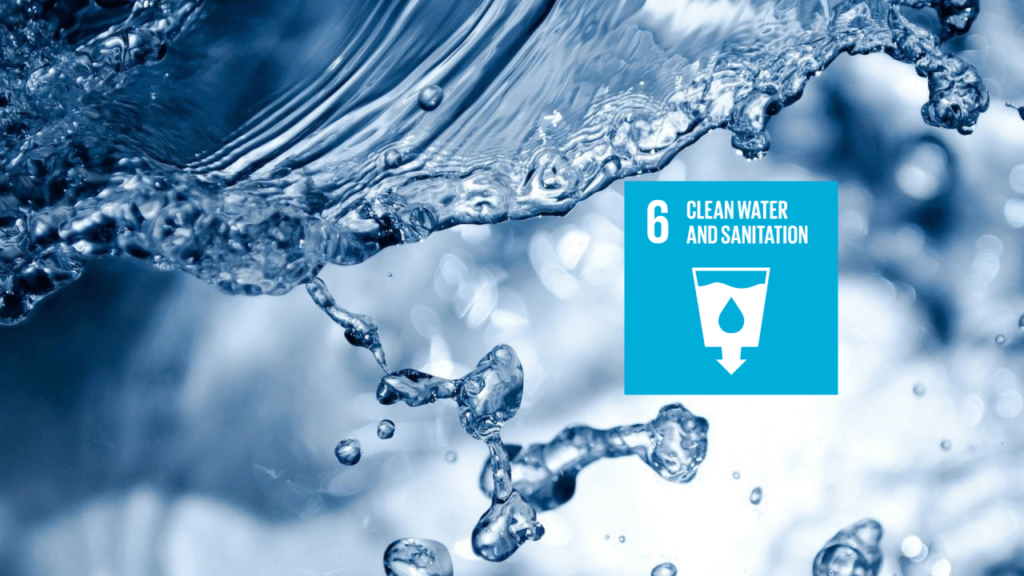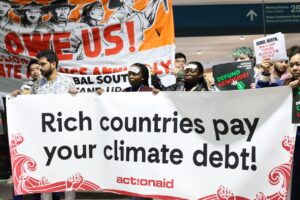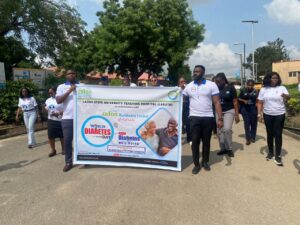
The United Nations-Water released a report outlining ways in which the UN can help accelerate progress towards achieving SDG 6 (clean water and sanitation).
Titled, ‘Blueprint for Acceleration: Sustainable Development Goal 6 Synthesis Report on Water and Sanitation 2023,’ the report discusses SDG 6 progress, trends, and challenges, and recommends actions the UN can take for the rapid, transformative change needed to implement the Water Action Agenda.
The report highlights that at the mid-point in the implementation of the 2030 Agenda for Sustainable Development, water and sanitation are “at a critical junction,” yet progress on SDG 6 is “alarmingly off-track.” It notes that to achieve universal access by 2030, progress needs to increase: six times for safely managed drinking water; five times for safely managed sanitation; and three times for basic hygiene. And while water stress has increased, official development assistance (ODA) commitments to the water sector decreased by 12% from 2015-2021, with actual disbursements falling 15% over the same period.
The report draws on the five SDG 6 accelerators of the Global Acceleration Framework (GAF), launched by UN-Water in 2020, in identifying “blueprints for how to gain momentum for SDG 6 progress and implementation of the Water Action Agenda.” The blueprints span the areas of finance, data and information, capacity development, innovation, and governance.
Underscoring the UN system’s “unique role” in facilitating and supporting transformational water action, the report recommends that it contribute to amplified efforts on water and sanitation by:
- Mainstreaming water in all relevant intergovernmental processes, including on climate change, health, biodiversity, food, energy, and disaster risk reduction (DRR);
- Holding regular intergovernmental meetings and conferences to measure progress and maintain momentum;
- Convening UN leadership at the highest level to support regular dialogue and decision-making;
- Achieving a more effective country-level coordination interface;
- Elevating and transforming SDG 6 GAF into a dedicated UN system-wide water and sanitation strategy;
- Strengthening UN agencies’ water and sanitation programmes; and
- Adding a UN coordination office to enhance UN-Water’s interagency mandate.
In a foreword to the report, UN Secretary-General António Guterres said the UN 2023 Water Conference “provided a fresh vision of hope and cooperation.” “Now is the time to bring this vision to life, and take transformative action to protect, sustainably manage and ensure equitable access to water and sanitation for all,” he urged.
The report was prepared by Members and Partners of UN-Water, coordinated by the UN-Water Expert Group on the 2030 Agenda for Sustainable Development. Dated 22 June, the report is available ahead of the July session of the UN High-level Political Forum on Sustainable Development (HLPF) in an advance, unedited version. SDG 6 is one of five Goals to undergo an in-depth review in 2023.








